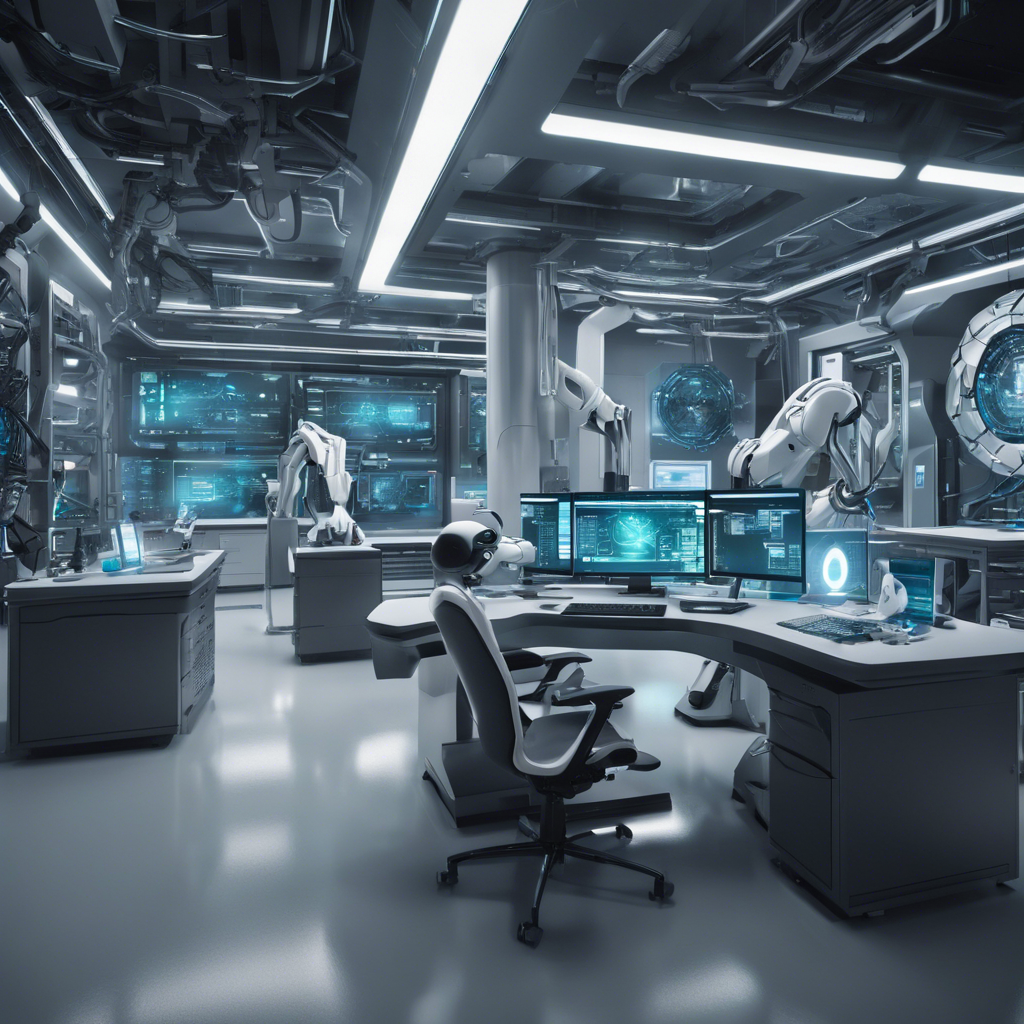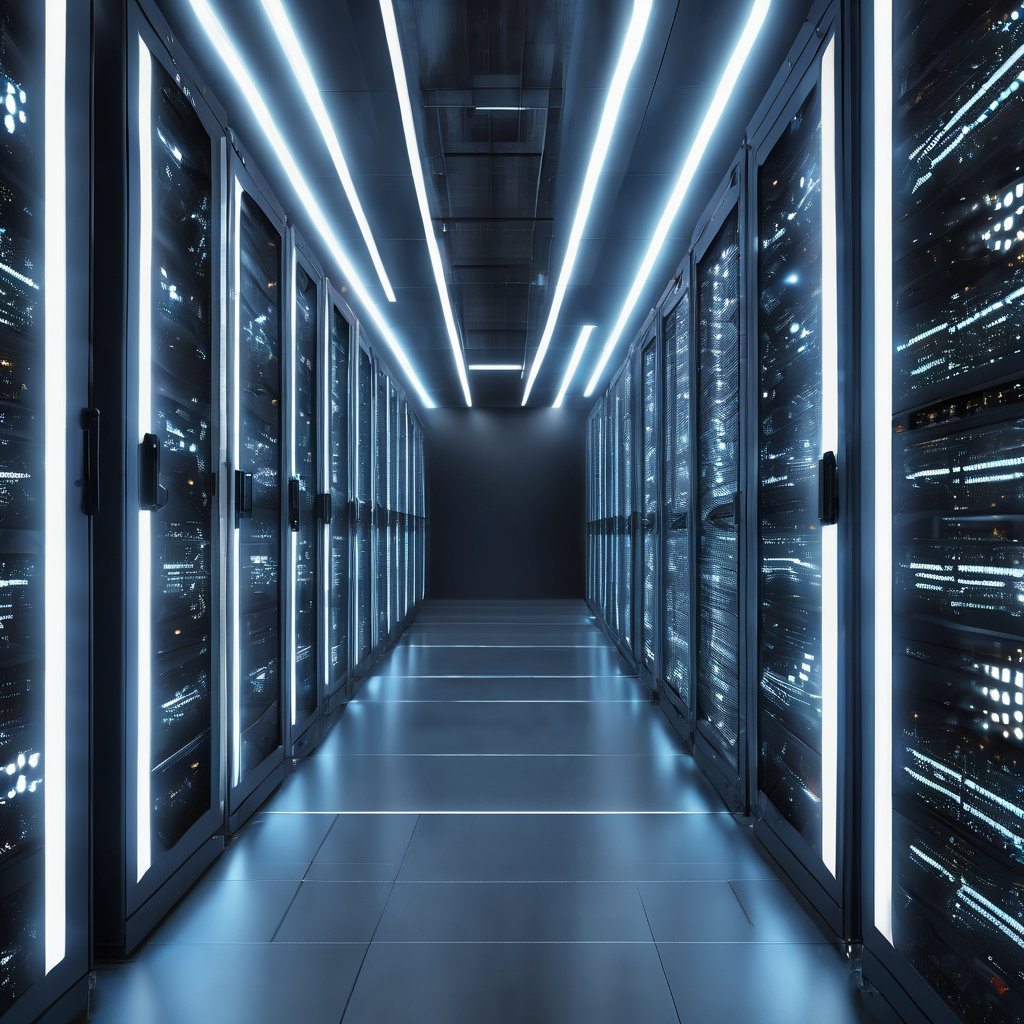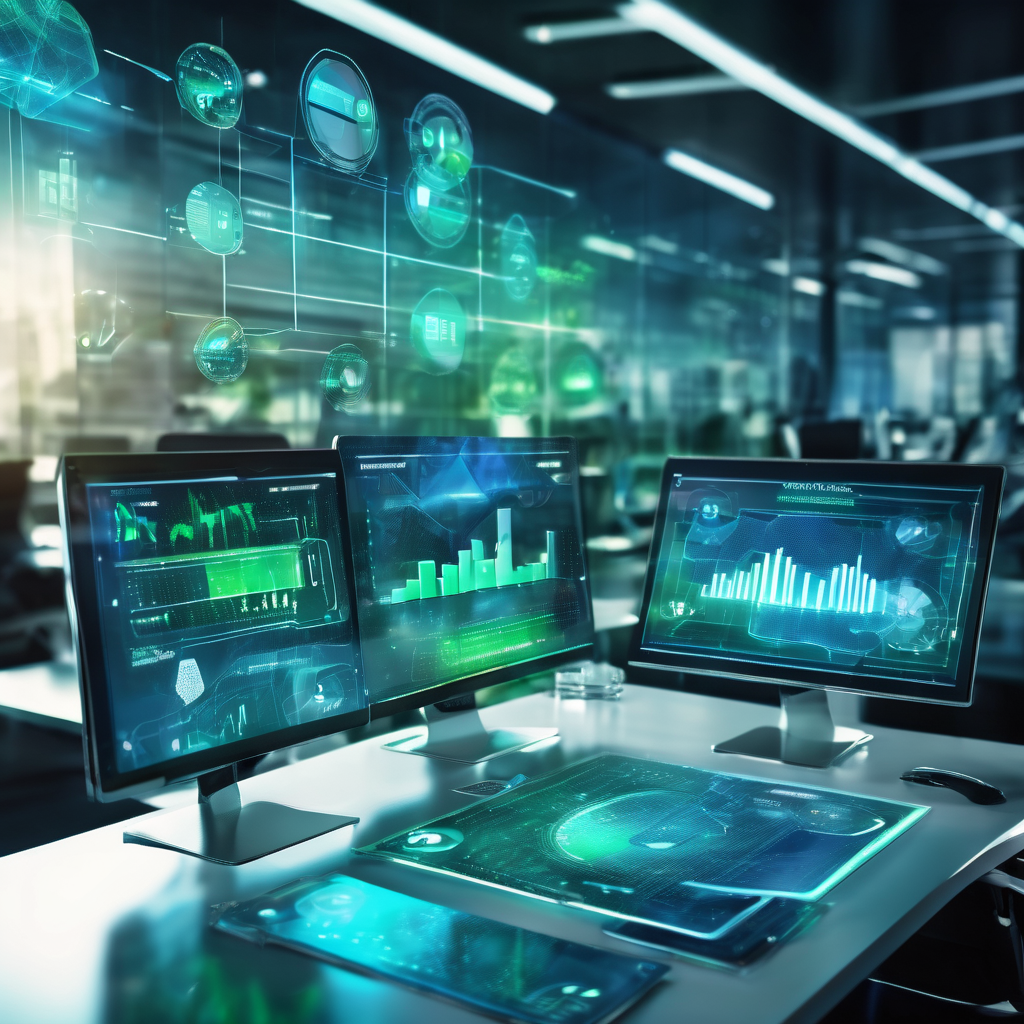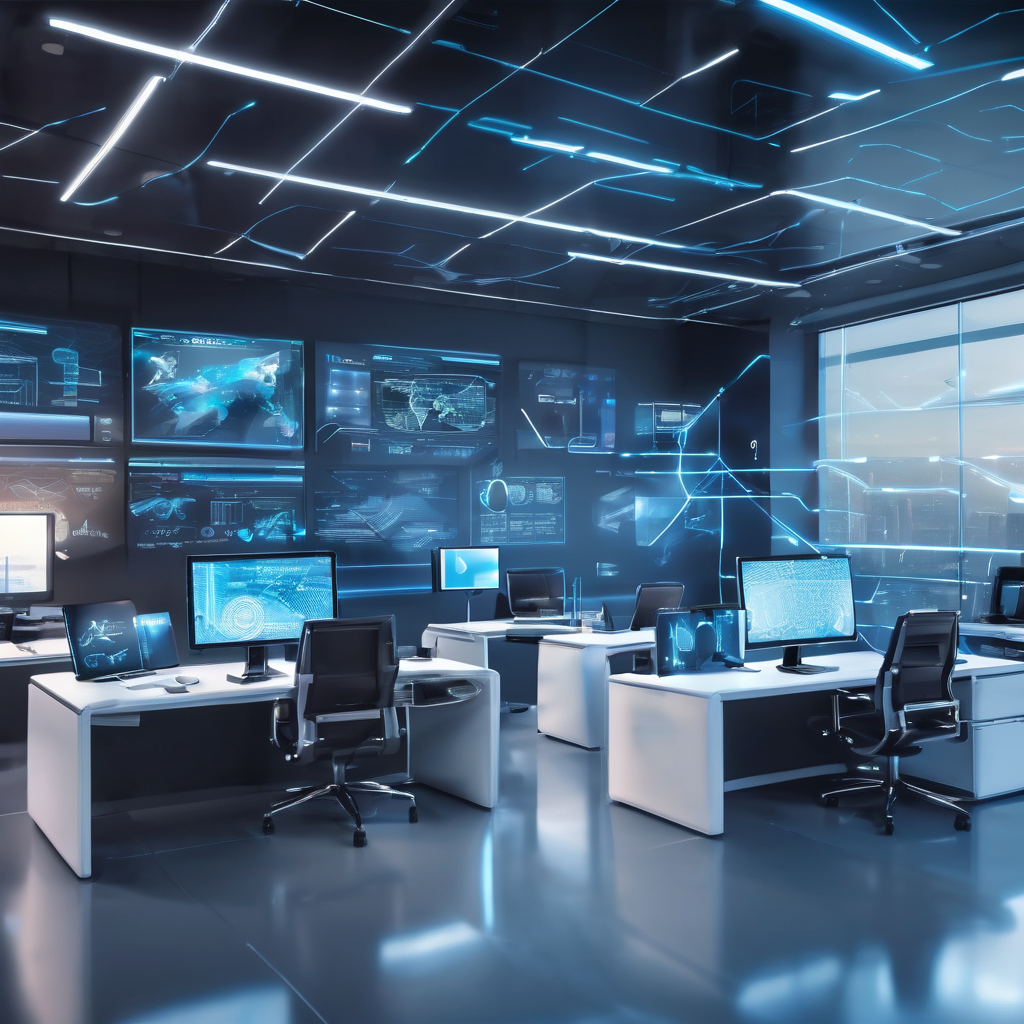
Leopold Aschenbrenner's "Situational Awareness" manifesto created significant buzz this summer, positing that artificial general intelligence (AGI) could arrive by 2027 and that AI may consume 20% of the U. S. electricity by 2029. He predicts that AI will dramatically alter the global geopolitical landscape due to its destructive potential. Central to his argument is the idea of recursive self-improvement, where AI systems become capable of conducting AI research themselves, leading to an "intelligence explosion. " While discussions about self-improving AI are not new, recent developments indicate that such capabilities are becoming more tangible. Researchers are advancing methods to create AI that can autonomously design better AI systems.
Achieving this hinges on AI's ability to perform the role of AI researcher, which includes reading literature, formulating hypotheses, running experiments, and interpreting results. A notable example is Sakana AI's "AI Scientist, " which can autonomously undertake the entire research process. This AI system has successfully generated and published multiple research papers across different AI domains, demonstrating the potential to conduct valid AI research. Although the performance of Sakana's AI Scientist is comparable to that of a competent early-stage human researcher and exhibits some limitations, it signifies a proof of concept for self-improving AI. The system's lack of access to multimodal data or the internet, combined with the absence of task-specific fine-tuning, suggests there are many areas for potential enhancement. Experts predict that with technological advancements and increased computational resources, the capabilities of such systems will grow exponentially. The current technologies remain largely reliant on human effort, but the emerging possibility of AIs creating increasingly powerful AI raises concerns and opportunities. The evolution of automated AI researchers hints at transformative changes in various fields—from medicine to climate science—while also posing risks that must be managed. As this trajectory unfolds, the landscape of AI research and its implications for society could shift dramatically, highlighting the mounting importance of these advancements.
Leopold Aschenbrenner's AGI Manifesto Sparks Debate on AI's Future


Google Cloud has announced a major partnership with Anthropic, a leading AI company, to expand the use of Google’s TPU (Tensor Processing Unit) chips for training upcoming versions of Anthropic’s Claude AI models.

On October 18, 2025, during the nationwide “No Kings” protests across the United States, President Donald Trump posted a controversial AI-generated video on his platform, Truth Social.

Liu Liehong, Secretary of the Party Leadership Group and Director of the National Data Bureau, recently conducted a detailed survey at two leading intelligent technology companies: Reeman Intelligent Technology Co., Ltd.

Otterly.ai, an innovative Austrian software company founded in 2024, is advancing AI-powered search and answer technologies by providing specialized tools to monitor and optimize brand visibility within these evolving platforms.

A recent MarketsandMarkets report highlights rapid growth in the artificial intelligence (AI) market for sales and marketing, projecting an increase from USD 57.99 billion in 2025 to USD 240.58 billion by 2030—a compound annual growth rate (CAGR) of 32.9%.

Allie Kelly, CMO at Intentsify, examines how Artificial Intelligence (AI) is revolutionizing intent data use and unlocking precision in B2B marketing.

AppLovin APP is marking a significant milestone this October as it accelerates its evolution from a mobile gaming company into a comprehensive AI-driven advertising powerhouse.
Launch your AI-powered team to automate Marketing, Sales & Growth

and get clients on autopilot — from social media and search engines. No ads needed
Begin getting your first leads today